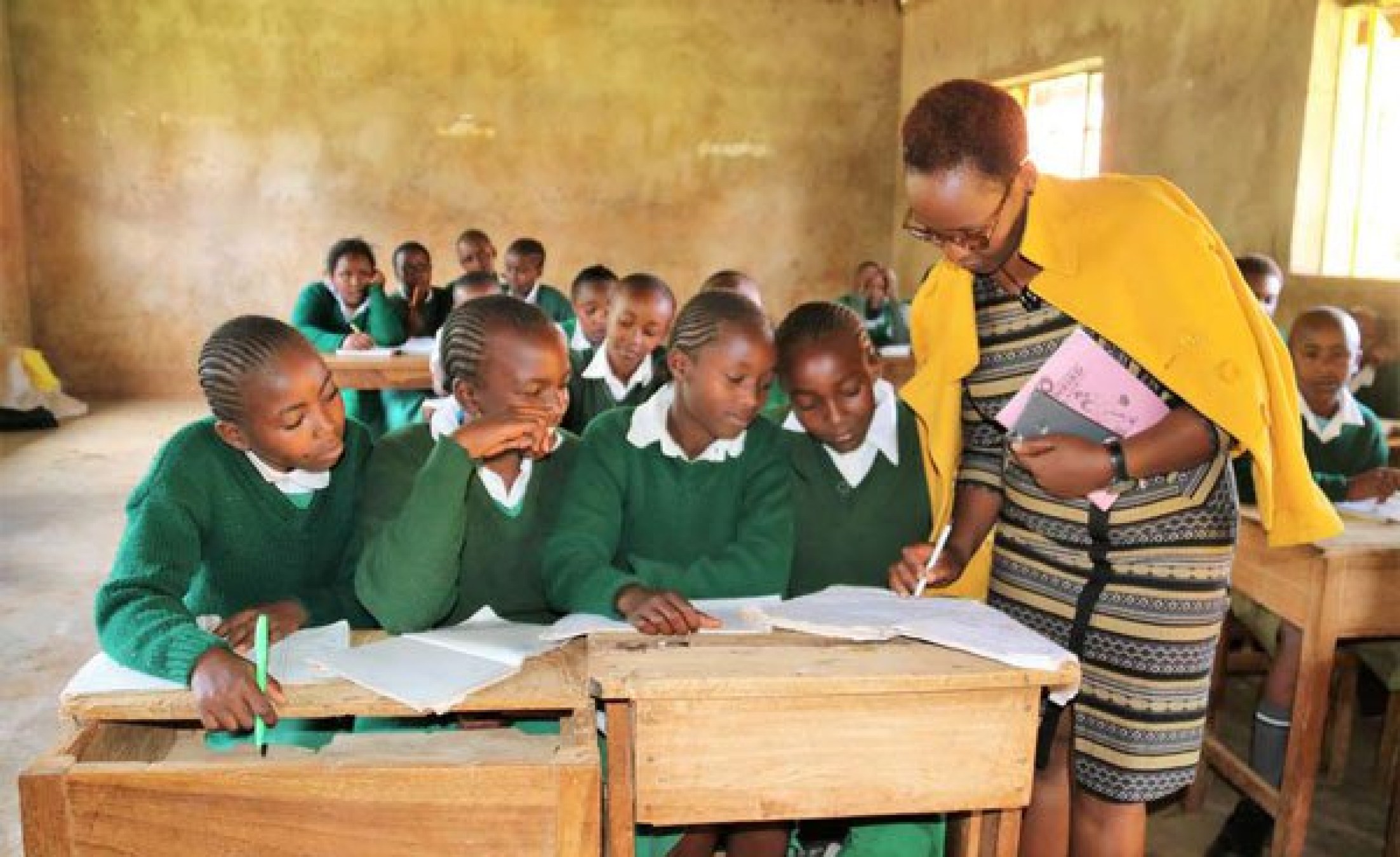More than 1,800 teachers from Kenya’s arid and semi-arid regions are reeling after the Teachers Service Commission (TSC) abruptly revoked their recent promotions.
The revocations, done without official explanation, have sparked outrage and confusion among educators who had just begun to celebrate long-awaited career progress.
For many, this sudden reversal has dashed hopes built after years of professional stagnation, hardship, and service in some of the country’s most challenging areas.
Now, teachers, unions, and lawmakers are demanding answers, accusing the Commission of political interference, discrimination, and lack of transparency.

TSC Promotions Withdrawn Without Warning
The affected educators were among over 25,000 teachers who received promotions earlier this year. Yet, barely months into their new roles, 1,864 of them were quietly removed from the updated positions. Most of the demoted teachers hail from hardship regions where they have served for years in difficult conditions—without basic infrastructure, facing insecurity, and often working without adequate teaching materials.
No formal notice, press release, or explanation accompanied the TSC’s decision. Instead, teachers discovered their promotions had been withdrawn through internal memos and changed job records. Many now remain in acting positions, some dating as far back as 2021, with no confirmation of permanent appointments.
“We were told there were complaints from other regions that we were given more slots,” said one teacher, speaking anonymously. “This is not about merit—it’s a political game. We are being punished for something beyond our control.”
Another teacher shared their frustration: “I’ve been an acting principal since 2021. I passed the interview, yet I’m still not confirmed. Now, they’ve revoked even that hope. It’s humiliating.”
Teachers Feel Betrayed and Demoralised
The revoked promotions have had an immediate emotional and professional impact. Teachers say the TSC’s silence has deepened their sense of betrayal.
For years, many have toiled in understaffed, high-risk schools, holding the education system together in remote corners of the country. These are regions where access to quality education is already fragile, and now, morale is at a record low.
“This isn’t just about us,” said one affected teacher. “When you treat teachers like this, you demoralise everyone and destroy the future of our students too.”
Beyond emotional distress, the financial implications are also significant. Promoted roles often come with salary increases and allowances. Some teachers had already adjusted their lives based on the anticipated new income—only to now face financial uncertainty.
Pressure Mounts on TSC Over Controversial Promotions
This isn’t the first time TSC promotions have come under fire. In May, Parliament demanded clarity from the Commission, issuing a seven-day ultimatum for an explanation of its promotion criteria. Lawmakers expressed concern that many teachers remained in the same job group for over a decade, with no clear roadmap for growth.
They questioned why promotion allocations appeared nearly equal across all regions, despite vast differences in staffing needs, performance, and hardship conditions.
The National Assembly’s Committee on Education didn’t mince words. It accused TSC of failing to uphold equity and transparency in its decisions.
Education unions have echoed similar frustrations. The Kenya Union of Post-Primary Education Teachers (KUPPET) has been vocal in condemning the Commission’s practices, threatening industrial action and even court battles.
“These revocations are not just illegal—they are immoral,” said a senior KUPPET official. “The TSC must come clean or prepare for consequences.”
Meanwhile, outgoing TSC Chair Nancy Macharia continues to face mounting criticism. Her silence on the current controversy has only added fuel to the fire.
Call for Action to Protect Teachers and Learners
As the backlash grows, affected teachers are now turning to Parliament and the Ministry of Education for intervention. They argue that the decision not only undermines their professional growth but also endangers the quality of education in marginalised regions.
“If teachers can’t trust the TSC to honour its own promotion processes, who will teach in these hardship areas?” one teacher asked.
Leaders in the education sector are calling for an urgent review of the decision and insist that a full audit of the promotion process be made public.
The education of thousands of learners in the most vulnerable regions hangs in the balance. The TSC must now confront the consequences of its actions, restore trust, and offer clarity before a demoralised workforce turns its back on the very system it has supported for decades.











































